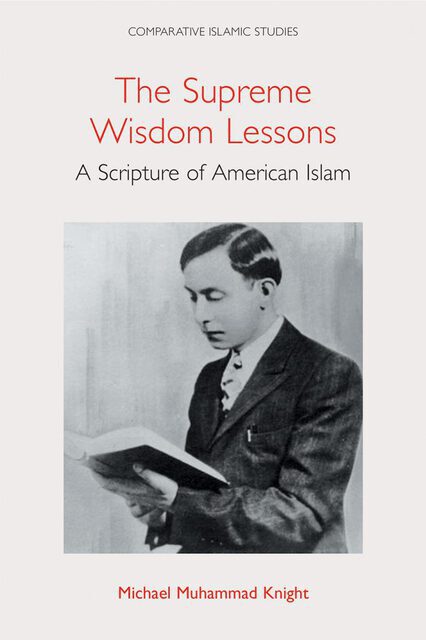Knight/Supreme Wisdom, 4. Making the Lessons

Full description
The fourth chapter examines the textual histories of the Lessons and Problem Book, focusing on their development from their earliest traces in the 1930s and 40s, points of variation between early copies, and the question of whether we can determine which content came from Fard as opposed to Elijah Muhammad’s post-Fard revisions. The chapter argues that as different Nation factions maintained their own versions of the Lessons after Fard’s disappearance, the version now understood as a base canonical text bears signs of Elijah Muhammad’s editorial intervention. Most significantly, this chapter establishes that before identifying Fard as Allah, Elijah Muhammad identified Fard as Allah’s son, and that corresponding to his linkage of Fard with Christ, Elijah added a description of Fard as “Son of man” to a precanonical version of Muslim Lesson No.2. While Elijah modified the Lessons to affirm his Fard-centered christology, the Lessons do not express Elijah’s more developed theology of Fard as Allah, which he introduced early in the second half of the 1930s. This chapter gives critical consideration to Muslim Lesson No.2’s claimed date of February 20, 1934, while affirming the early crystallization of the Lessons in roughly their recognizable canonical form.
- typeImage
- created on
- file formatjpg
- file size31 KB
- container titleThe Supreme Wisdom Lessons: A Scripture of American Islam
- creatorMichael Muhammad Knight
- isbn9781800504622 (eBook)
- publisherEquinox Publishing Ltd., 2024
- publisher placeSheffield, United Kingdom
- rights holderEquinox Publishing Ltd.
- series titleComparative Islamic Studies
- doi
We use cookies to analyze our traffic. Please decide if you are willing to accept cookies from our website. You can change this setting anytime in Privacy Settings.
